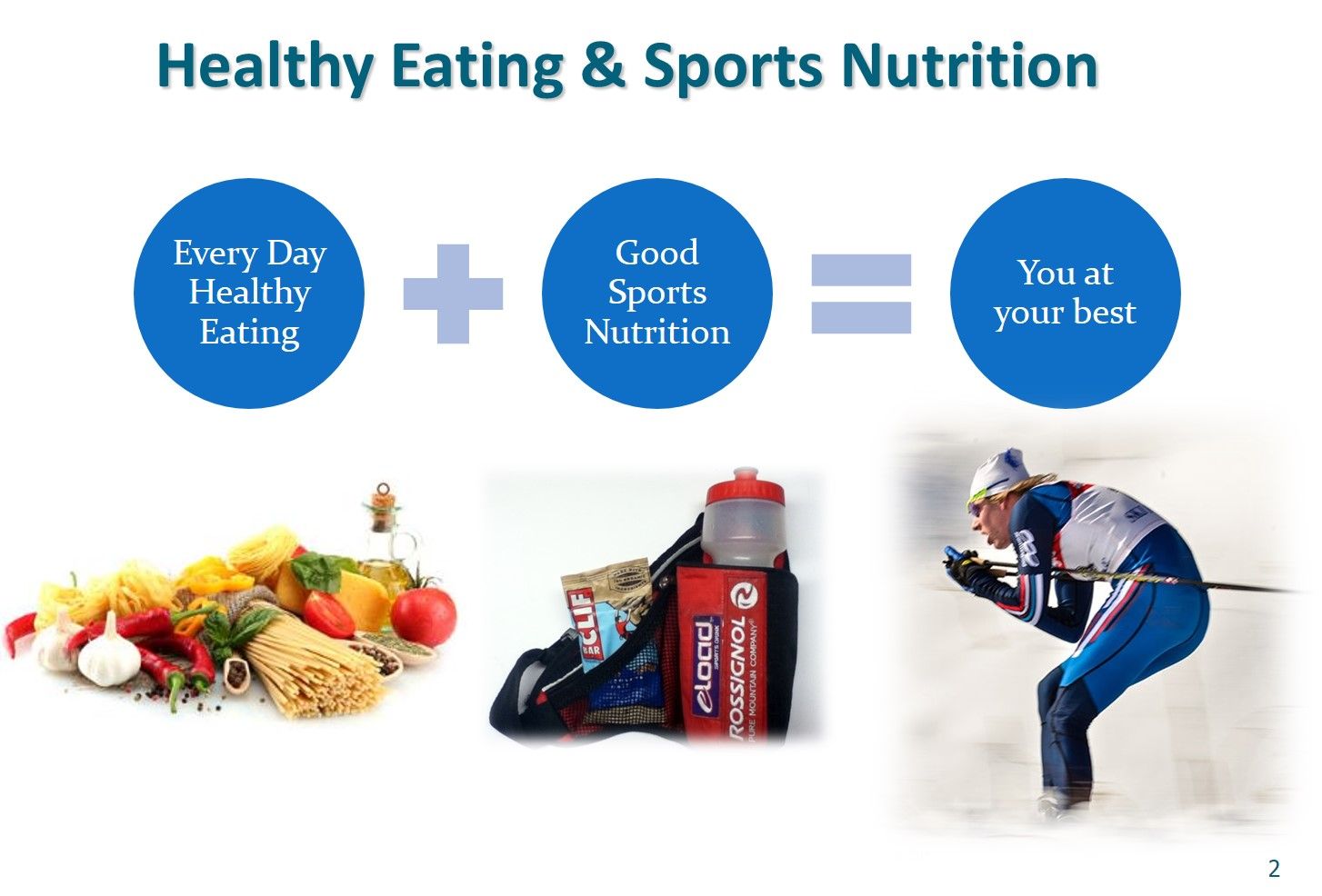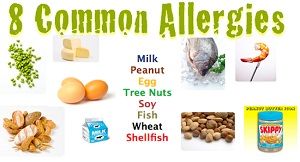Nutrition plays a vital role in sports and physical activities. It fuels the body, enhances performance, and aids in recovery. Whether you are a professional athlete or a casual recreational player, having a proper nutrition plan can greatly impact your overall well-being and success in your chosen sport or activity.
The Importance of Proper Nutrition
A well-balanced diet provides the necessary nutrients, vitamins, and minerals needed for the body to function optimally during physical exertion. Proper nutrition before, during, and after sports or activities can improve energy levels, enhance endurance, increase strength, support muscle growth, and aid in injury prevention. It also helps in maintaining a healthy body composition and promoting optimal overall health.
Pre-Workout Nutrition
What you eat before engaging in sports or activities can significantly impact your performance. Aim to consume a meal that is rich in carbohydrates, moderate in protein, and low in fat a few hours before your exercise session. Carbohydrates provide the primary source of energy for the muscles, allowing you to perform at your best. Good pre-workout meal options include whole-grain toast with peanut butter, a banana, and Greek yogurt.
Hydration
Staying properly hydrated is crucial for optimal performance. Dehydration can lead to reduced energy levels, fatigue, impaired concentration, and muscle cramps. Make sure to drink plenty of water throughout the day, especially before and after your exercise sessions. For intense activities lasting more than an hour, sports drinks containing electrolytes can be beneficial in replenishing lost fluids and nutrients.
During-Workout Nutrition
For longer duration activities or intense workouts, it may be necessary to consume small, easily digestible snacks to sustain energy levels. Good options include energy gels, sports drinks, or even a handful of dried fruits. Experiment with different options during training to determine what works best for your body.
Post-Workout Nutrition
The post-workout period is crucial for replenishing energy stores and aiding in muscle recovery. Consuming a balanced meal within 30 minutes to an hour after exercise is recommended. Your post-workout meal should include both carbohydrates and proteins to restore glycogen stores and repair damaged muscle tissues. Examples of suitable post-workout meals include chicken or tofu with brown rice and steamed vegetables or a protein shake with a banana.
Importance of Macronutrients
Macronutrients, including carbohydrates, proteins, and fats, are essential for overall sports performance. Carbohydrates are the main source of energy and should make up the majority of your calorie intake. Good sources of carbohydrates include whole grains, fruits, and vegetables. Proteins play a role in muscle repair and synthesis, and athletes should aim to consume lean sources such as chicken, fish, tofu, or legumes. Healthy fats, found in foods like avocados and nuts, are crucial for hormone regulation and energy storage.
Vitamins and Minerals
Vitamins and minerals are micronutrients that support various bodily functions. An inadequate intake of vitamins and minerals can negatively impact performance and overall health. Consuming a variety of fruits and vegetables will ensure you obtain a wide range of vitamins and minerals. If necessary, consider supplementation after consulting with a healthcare professional.
Conclusion
Nutrition is a critical component of sports and activities, affecting performance, recovery, and overall health. By consuming a well-balanced diet, staying hydrated, and focusing on macronutrients and micronutrients, you can enhance your athletic performance, improve endurance, and reduce the risk of injuries. Remember, working with a sports nutritionist or dietitian can help you develop personalized nutrition plans to meet your specific needs and goals.


